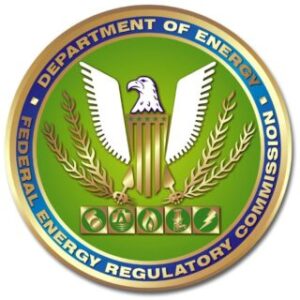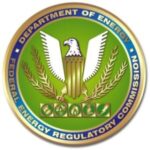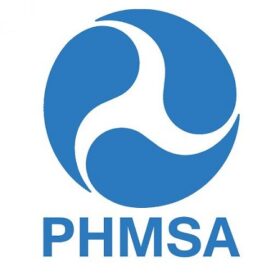
INGAA’s comments were generally supportive of FERC’s proposed new approach, which focuses on (1) “marketing” activities rather than the more expansive concept of “Energy Affiliate” activities, and (2) on the functions performed by individual employees, as opposed to a “corporate” separation approach that attempts to establish the primary business function of an entire division or corporation. Among other issues, INGAA asked FERC to:
· Clarify its characterization of its new rules as “per se.” (INGAA argues that, in general, the rules are not sufficiently clear for FERC to make “per se” violation determinations, and that a “rule of reason” approach, permitting an inquiry into the circumstances, is generally more appropriate.)
· Restrict application of the standards “to pipelines that conduct transportation transactions with their marketing affiliates” and make explicit that its proposed Standards do not apply to pipelines and their affiliates with marketing functions that do not “hold or control capacity” on their affiliated pipeline.
· Confine the definition “marketing function” for pipelines to “sales of natural gas for resale in interstate commerce,” and exclude from coverage sales that, because of their nature (e.g., balancing) or the traditional role of the seller (e.g., off system sales by an LDC as part of managing its retail obligations), should not be considered “marketing functions.”
· Clarify and strengthen exemptions for officers, directors, and supervisors.
· Retract a proposal that appears to impose “vicarious liability” on the receipt of prohibited information “from any source.”
· Require only that tariff waivers be archived and posted, and not require pipelines to both log and post every instance in which they exercise discretion afforded in the pipeline’s tariff.
· Specify that waivers and partial waivers granted under Order 2004 remain in effect.







